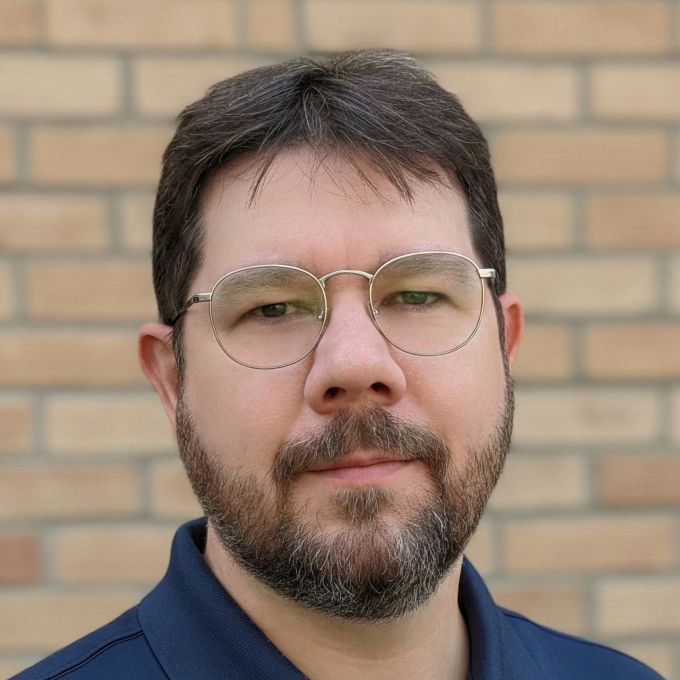January 11, 2026
I’m seeing a hilarious new time-wasting trend emerging: software engineers are making "naughty lists" of software "tainted" by AI/LLM involvement, seemingly to shame authors who use AI-assisted tools. They are setting up git repos to crowdsource PRs to help grow these lists of shame. They follow on with "alternative" software that supposedly has no AI involvement in their creation.
But I wonder: what CPUs do these people plan to switch to?
Read More...
llm (2) ai (2) amd (2) intel (1) silicon (1) software (1) eda (1)
January 27, 2025
I wrote a console version of Blackjack in Java.
Read More...
blackjack (17) console (14) java (1)
December 25, 2024
I wrote a console version of Blackjack in GNU Smalltalk.
Read More...
blackjack (17) console (14) smalltalk (1)
November 23, 2024
The idea of code that can fix itself represents a monumental advancement in artificial intelligence (AI) and software development.
However, this innovation has a dark counterpart: autonomous AI-generated offensive code capable of attacking and exploiting systems
without human intervention. Such a development introduces profound challenges to cybersecurity, as this type of malicious code could
operate at speeds and scales far beyond human capabilities, targeting vulnerabilities with surgical precision and adapting almost
instantaneously to countermeasures. Generative offensive code poses an existential threat to cybersecurity.
Read More...
cybersecurity (5) code (1)
November 17, 2024
John was usually a man of few words and even fewer visitors. He'd kept to himself for as long as I'd known him - a grumpy, stubbornly solitary guy whose real passion was the hobby of remote control airplanes and the internal combustion engines that powered them. We met at my local fly field...
Read More...
tribute (1) john (1) airplane (1)
November 14, 2024
The advent of large language models (LLMs) has revolutionized the fields of artificial intelligence, machine learning, and natural
language processing. LLMs, which include tools like OpenAI's ChatGPT, Google's Bard, and others, have demonstrated remarkable
capabilities, from answering complex questions to assisting in creative endeavors. However, training and maintaining these models require
substantial computational resources, translating into significant environmental impacts. Chief among these impacts is water usage,
primarily to cool the vast data centers that run these models, raising the question: are the benefits provided by LLMs worth the strain on
the world's increasingly scarce fresh water supplies?
Read More...
ai (2) llm (2) water (1)
November 10, 2024
Do We Really Have Free Will?
Ah, free will—everyone's favorite topic for debates that make your brain feel like it's trying to do yoga. The question is: Do we actually make our own choices, or is everything we do already set in stone by forces beyond our control? Here's my not really that deep of a dive into some perspectives on the big question, starting with some serious science guys (Sam Harris and Robert Sapolsky), getting a little elbow room from philosopher Dan Dennett, and then letting rock legends Rush have the last word.
Read More...
freewill (2)
October 19, 2024
I wrote a console version of Blackjack in Zig.
Read More...
blackjack (17) console (14) zig (1)
